Embracing Winter Wellness: Nourishing Your Body with Healthy Comfort Foods
By:

Apex Hospitals
18-12-2023 5 Min Read

Edith Sitwell's quote beautifully describes the essence of the winter season: “Winter is the time for comfort, for good food and warmth, for the touch of a friendly hand and a talk beside the fire: it is the time for home.”
As the winter chill sets in, our cravings for warm and comforting foods become more pronounced. While it's tempting to indulge in hearty dishes, choosing options that provide comfort and nourish our bodies is essential. Let's explore some delicious and healthy winter comfort foods that can help you stay warm and cure the winter blues.
Ginger
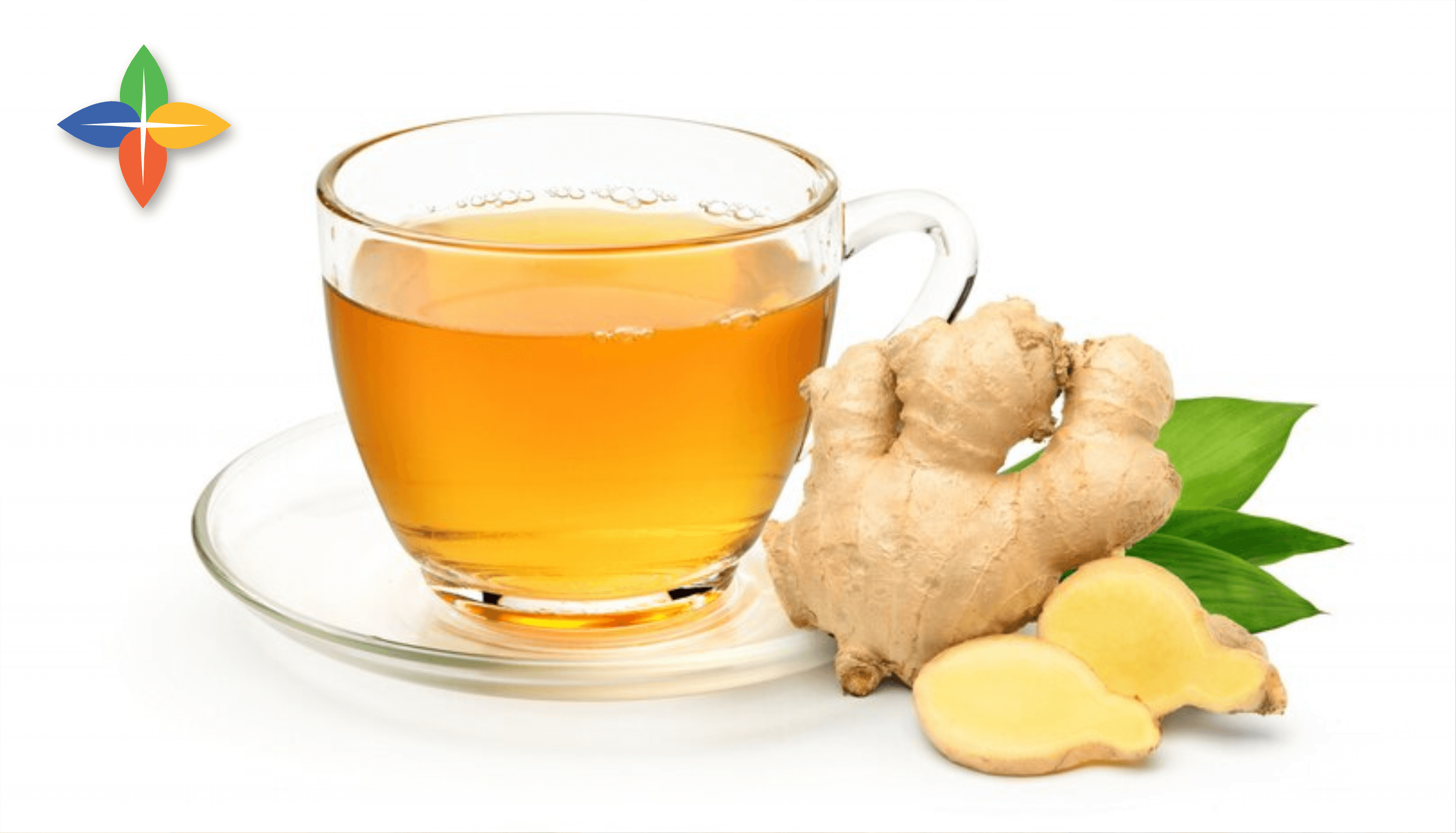
Ginger is a renowned Indian spice celebrated not only for its culinary richness but also for its therapeutic qualities. Particularly beneficial during the winter season, this spice can remarkably elevate body temperature, promoting increased blood circulation and an increased metabolism. To harness its benefits, one can prepare a comforting ginger tea by boiling ginger root in hot water and enhancing it with the delightful combination of lemon and honey.
Even better, add it to your morning chai. Warm up your winter mornings with a cup of ginger tea. Who can say no to a hot cup of ginger tea on a winter morning! Beyond its enticing flavour, ginger boasts anti-inflammatory properties, making it a natural remedy for soothing sore throats and alleviating cold symptoms.
Moreover, its digestive benefits make it an ideal choice to kickstart your day on a healthy note.
Jaggery
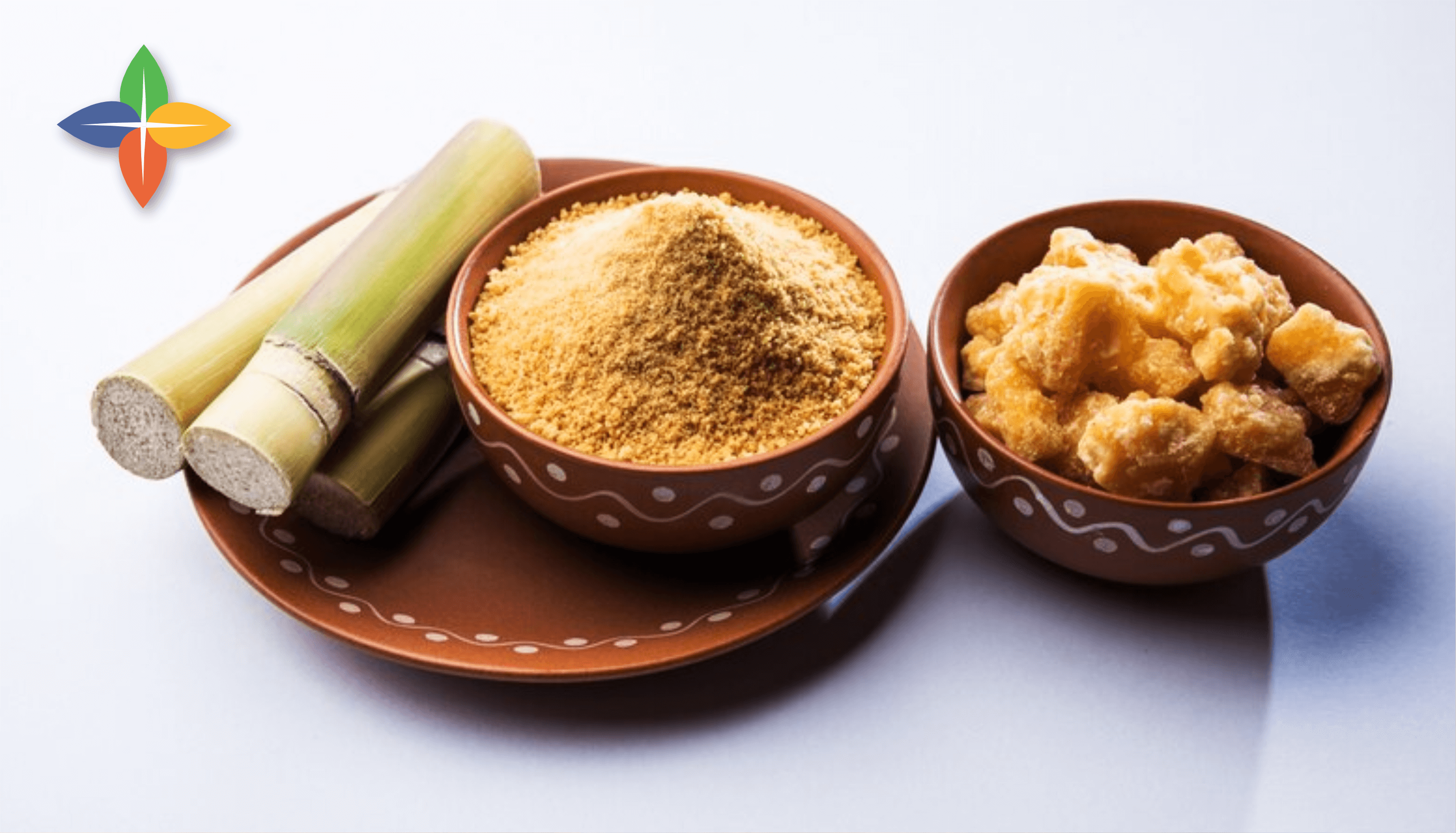
Jaggery possesses a remarkable ability to generate internal warmth within the body, making it a sought-after choice, especially during winter. This unique property contributes to the growing popularity of jaggery in the market during colder seasons. As a wholesome substitute for sugar, jaggery brings a multitude of nutritional benefits. Its consumption aids in enhancing digestion, fortifying the immune system, preventing anaemia, and facilitating the body's natural cleansing processes. A versatile ingredient, jaggery seamlessly integrates into various winter delights, serving as a healthy replacement for sugar in teas, coffees, desserts, and a wide array of comforting seasonal recipes.
It's essential to enjoy jaggery in moderation, considering its calorie content, and individuals with specific health concerns, such as diabetes, should consult healthcare professionals for personalized advice.
Turmeric milk

Turmeric milk, also known as golden milk, emerges as a comforting and health-promoting beverage, especially during the winter season. The primary ingredient, turmeric, is celebrated for its potent anti-inflammatory and antioxidant properties. Consuming turmeric milk can be particularly beneficial in winter due to its ability to provide warmth to the body and soothe respiratory discomfort. The active compound in turmeric, curcumin, has been linked to numerous health benefits, including immune system support.
Additionally, turmeric milk is renowned for its potential to alleviate symptoms of colds and coughs, making it a natural remedy for winter ailments. Regular intake may contribute to joint health and improved digestion, offering a holistic approach to well-being during the colder months. Embracing turmeric milk not only imparts a cozy and soothing experience but also delivers a wealth of health advantages that make it a valuable addition to one's winter wellness routine.
Dry Fruits and Nuts
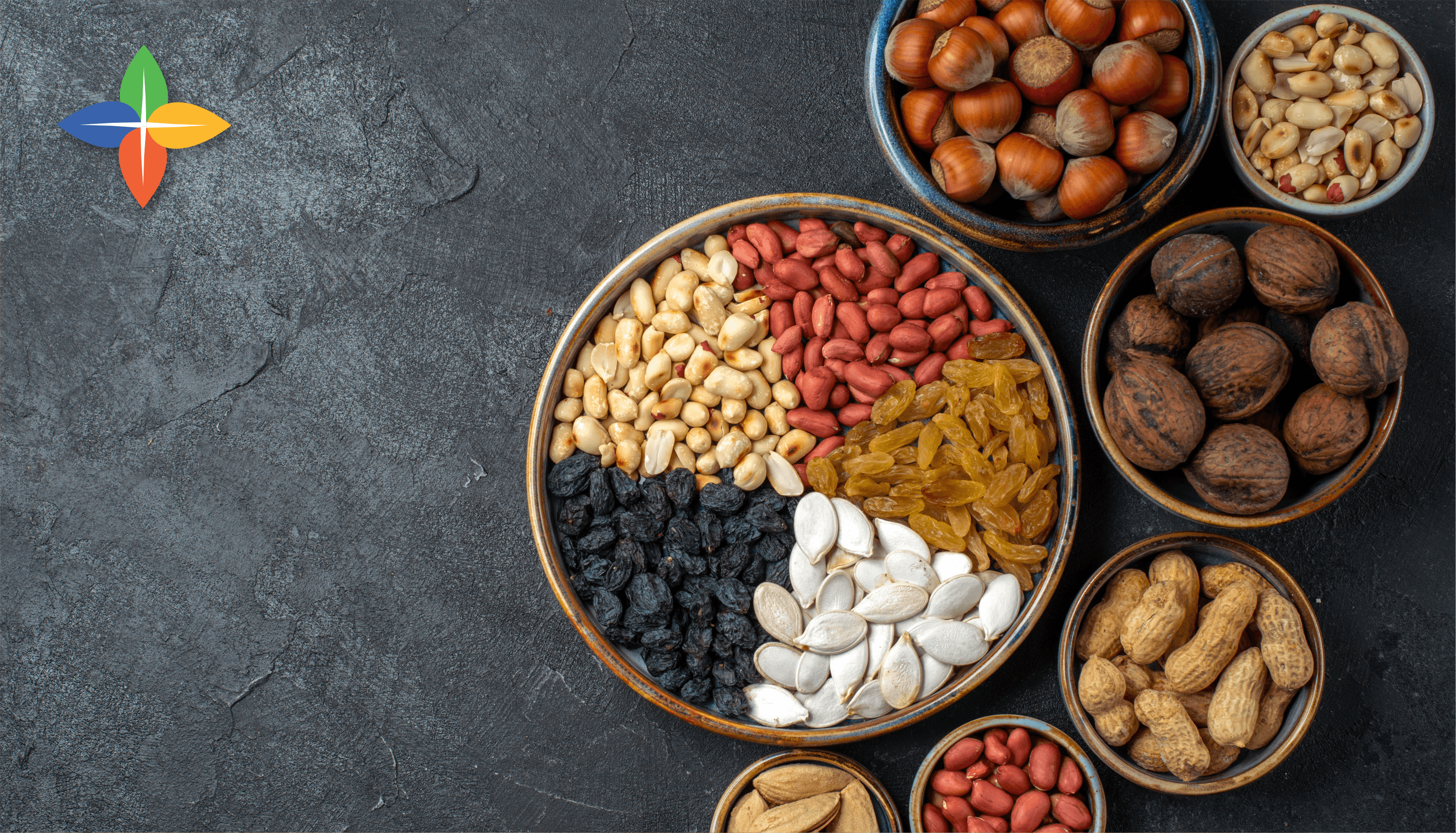
During winter, incorporating dry fruits and nuts such as almonds and cashews into your diet proves highly advantageous. Nuts and dry fruits emerge as nutritional powerhouses, offering myriad health benefits that make them particularly valuable during the winter season. Packed with essential nutrients, they provide a natural energy source, helping combat the seasonal lethargy often associated with colder weather.
The high fiber content in nuts and dry fruits promotes satiety, aiding weight management and preventing unhealthy snacking. Nuts, including almonds and cashews, stand out as excellent sources of iron and protein, essential for overall well-being.
Furthermore, they boast a rich array of minerals such as copper, calcium, magnesium, and potassium, along with a spectrum of vitamins including A, C, E, K, B6, and zinc.
Moreover, the omega-3 fatty acids found in certain nuts support heart health. At the same time, the combination of vitamins and minerals promotes radiant skin and hair—areas that may be susceptible to dryness in winter. The diet enhances nutritional intake by including nuts and dry fruits in the winter. It adds a delightful crunch and natural Sweetness to meals, making them an essential and delicious component of a well-rounded winter wellness regimen.
Desi Ghee

Desi ghee is special in winter wellness due to its health benefits. In colder weather, desi ghee is a natural source of warmth, promoting internal heat production and aiding in maintaining body temperature. Rich in healthy saturated fats, desi ghee becomes an excellent energy source during winter, providing a sustained release of energy that helps combat seasonal lethargy. Its unique fatty acid profile supports immune function, which is crucial for warding off common winter ailments. Desi ghee is also known for its ability to moisturize the skin from within, countering the effects of dry and cold weather.
Additionally, the presence of fat-soluble vitamins like A, E, K, and D in desi ghee contributes to overall skin health and boosts the absorption of nutrients. Embracing desi ghee in moderation during winter enhances the flavour of seasonal dishes. It provides a natural and holistic approach to nourishing the body and promoting well-being in the chillier months.
Gajar ka Halwa
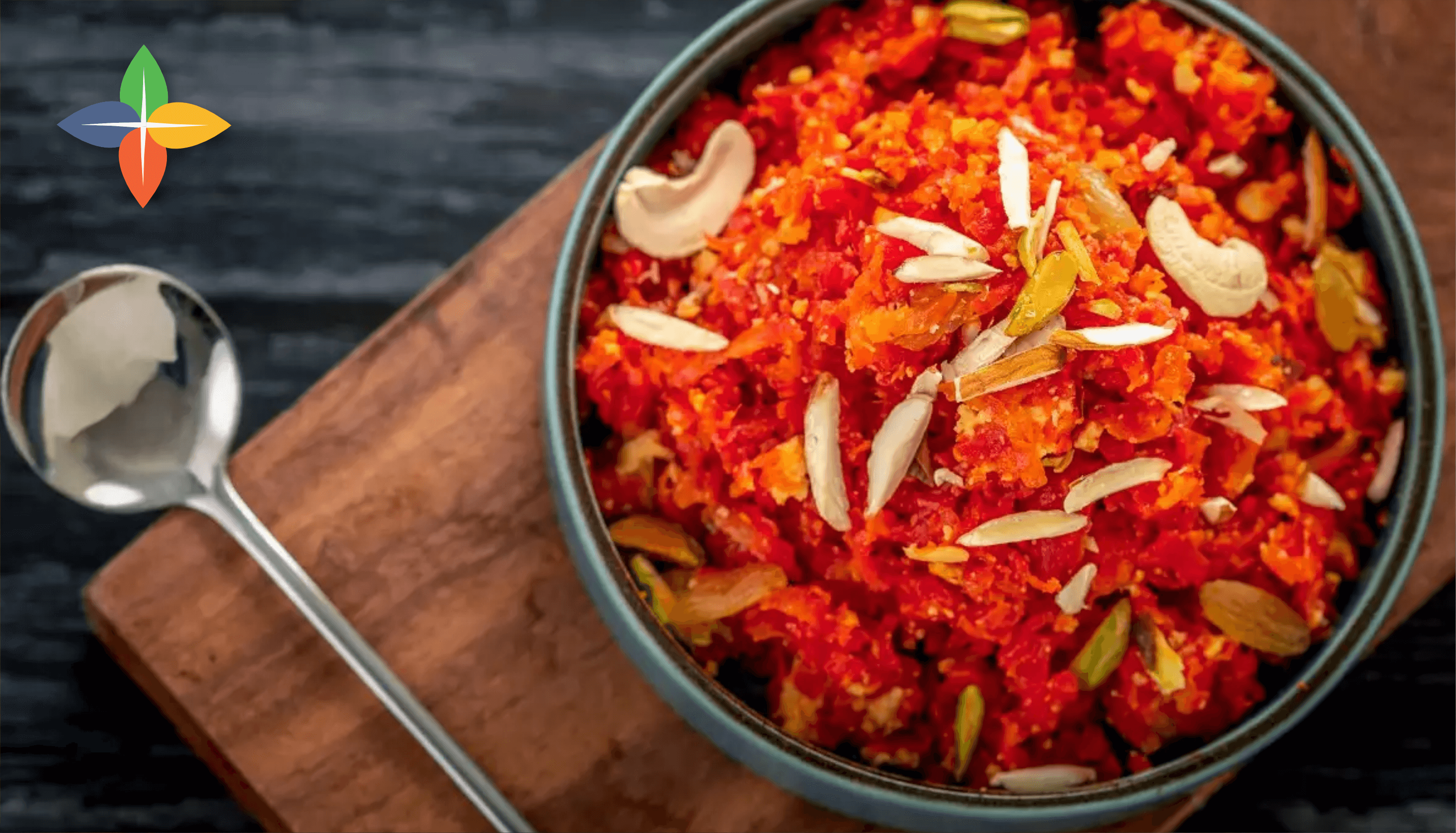
Gajar ka Halwa, a cherished winter delicacy in Indian cuisine, boasts many benefits beyond its delightful taste. Prepared with grated carrots, milk, ghee, and sugar, this traditional dessert is rich in nutrients that align with the body's needs during the colder months. Carrots, a key ingredient, are an excellent source of beta-carotene, boosting immune function and promoting skin health, often challenged by the dry winter air. Adding ghee in Gajar ka Halwa enhances its flavour and offers warmth to the body, a particularly welcome attribute in chilly weather. The combination of milk and carrots provides a wholesome dose of vitamins, including A and D, essential for bone health and vision.
Additionally, the natural sweetness of the dish satisfies sugar cravings in a relatively healthier way. Indulging in Gajar ka Halwa during winter brings joy to the taste buds and aligns with the season's nutritional requirements, making it a delightful and nourishing treat.
Sarson ka saag
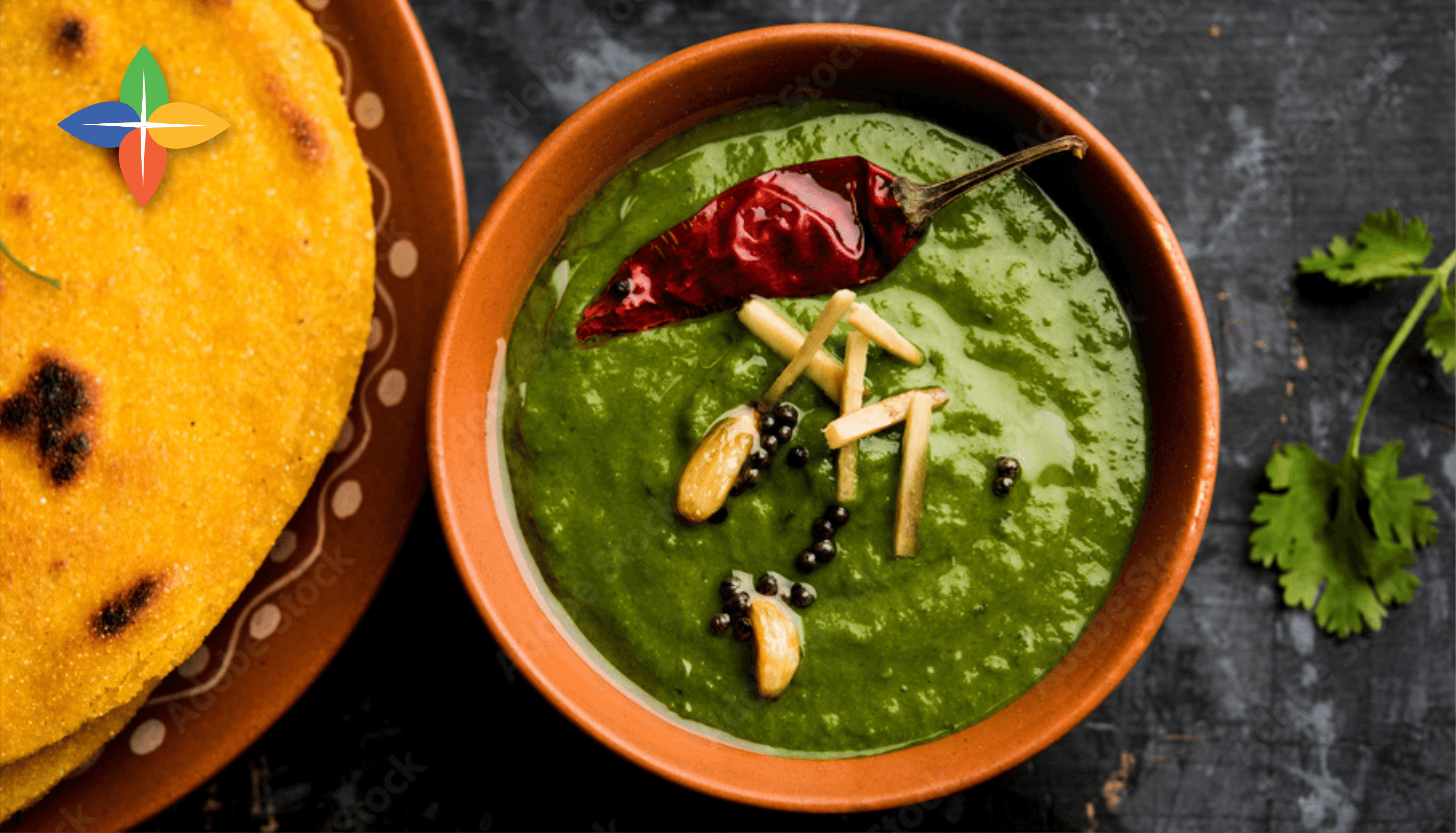
Sarson ka Saag, a classic winter dish in North Indian cuisine, holds a special place in both culinary traditions and health-conscious diets during the colder months. This savory preparation, made from mustard, spinach, and other seasonal greens, offers many health benefits. Packed with vitamins, minerals, and antioxidants, Sarson ka Saag becomes a nutritional powerhouse that supports the body's immune system, helping to ward off winter illnesses. The mustard greens in the dish are particularly rich in vitamin C, an essential nutrient for bolstering the body's defences. Including leafy greens provides a substantial dose of iron, which is crucial for preventing winter-induced fatigue and maintaining optimal haemoglobin levels.
Additionally, the warming properties of the spices used in the preparation contribute to the dish's ability to keep the body cozy during colder temperatures. With its delicious taste and wholesome nutritional profile, Sarson ka Saag satisfies the palate and is a nourishing and comforting choice for winter wellness.
Cinnamon
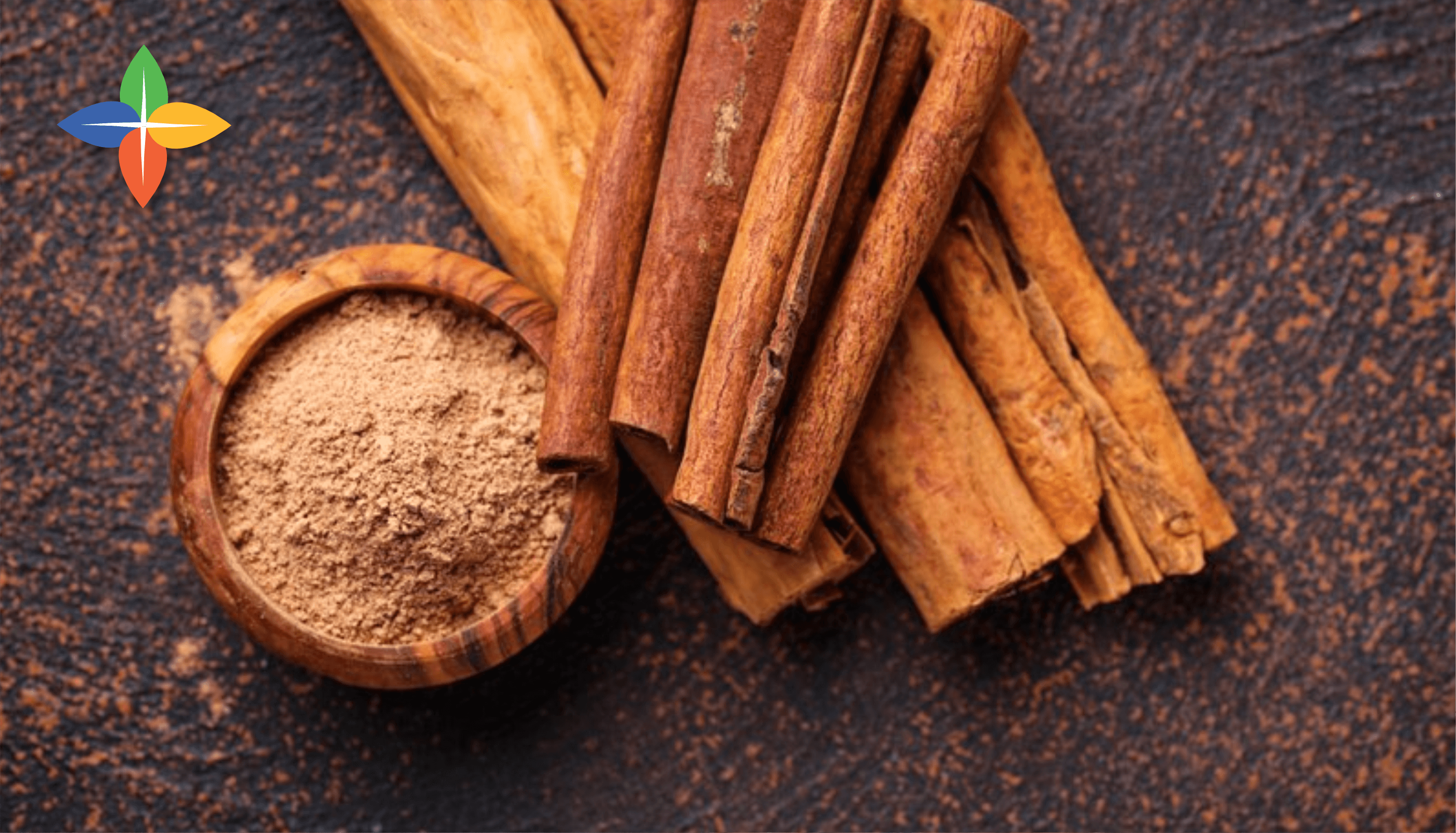
With its distinct and comforting aroma, Cinnamon offers a range of health benefits that make it particularly advantageous during the winter season. This spice is known for its natural ability to impart warmth to the body, making it a perfect addition to winter beverages and dishes. Rich in antioxidants, cinnamon helps combat oxidative stress, which can be heightened during colder months. It is also renowned for its anti-inflammatory properties, potentially aiding in soothing winter-related ailments such as coughs and colds. Cinnamon has been linked to improved blood circulation, which can be especially beneficial in maintaining optimal body temperature during chilly weather.
Additionally, incorporating cinnamon into the diet may contribute to better blood sugar regulation, a noteworthy advantage considering winter cravings for sweet treats. Whether sprinkled on hot beverages, added to baked goods, or incorporated into savoury dishes, cinnamon enhances the flavour of winter fare. It brings various health benefits to support overall well-being during the colder season.
This winter, treat yourself to a culinary journey that combines the comfort of traditional Indian flavours with the goodness of wholesome ingredients. These healthy winter comfort foods satisfy your taste buds and contribute to your overall well-being. So, embrace the season with nutritious and delicious choices that make winter dining a delightful experience.
Have specific dietary concerns or health goals? Schedule a consultation with our experienced dieticians, who can tailor personalized meal plans to suit your needs. Prioritize your health with expert guidance, and book your appointment now.
FAQS
Connect With Us
Health In A Snap, Just One App.
KNOW MORE
